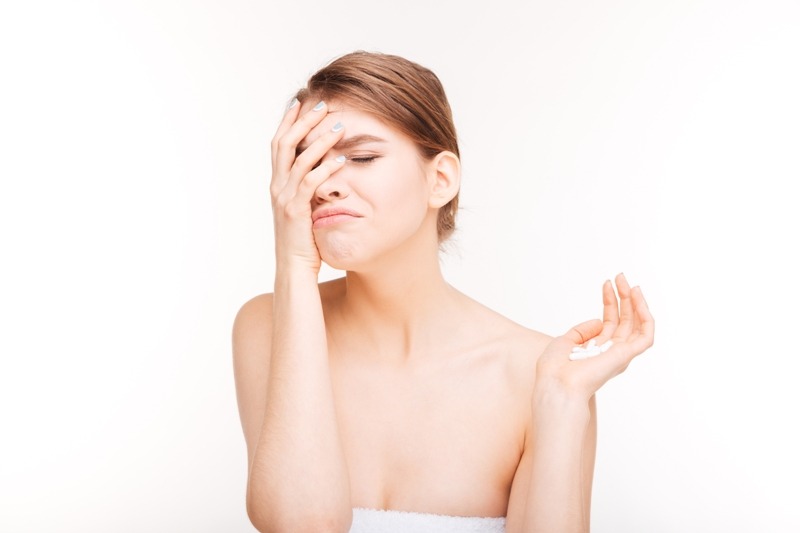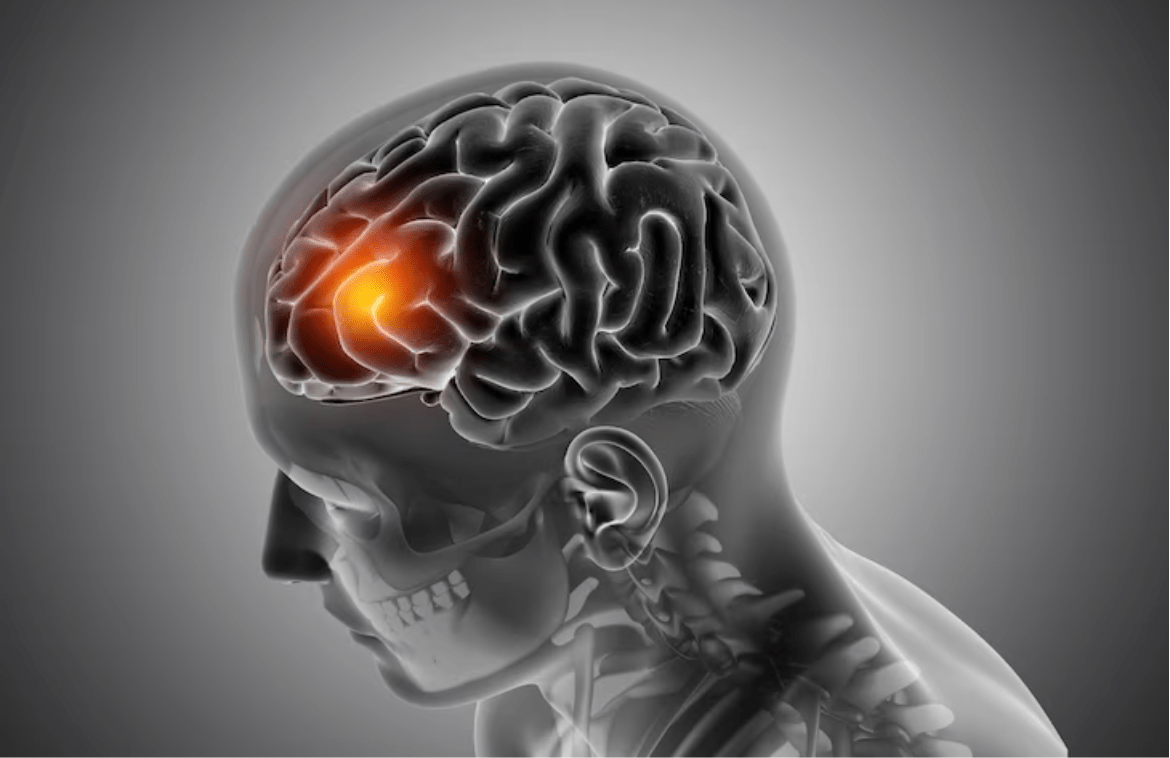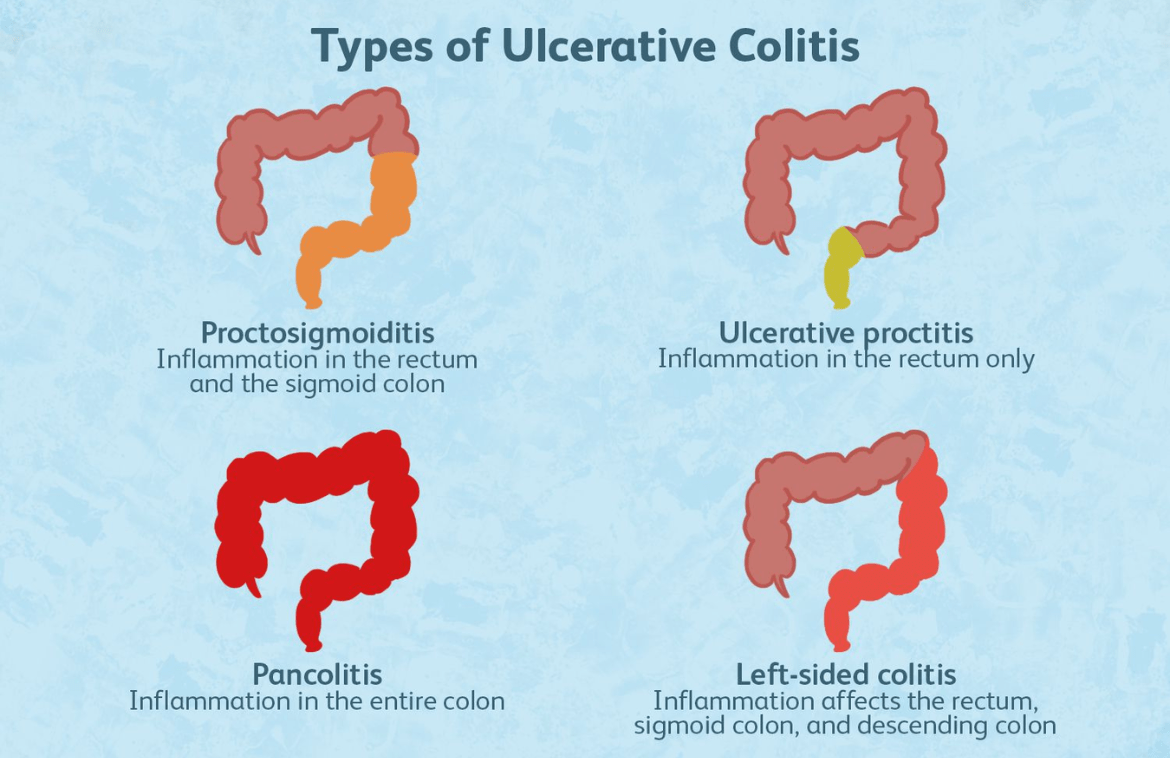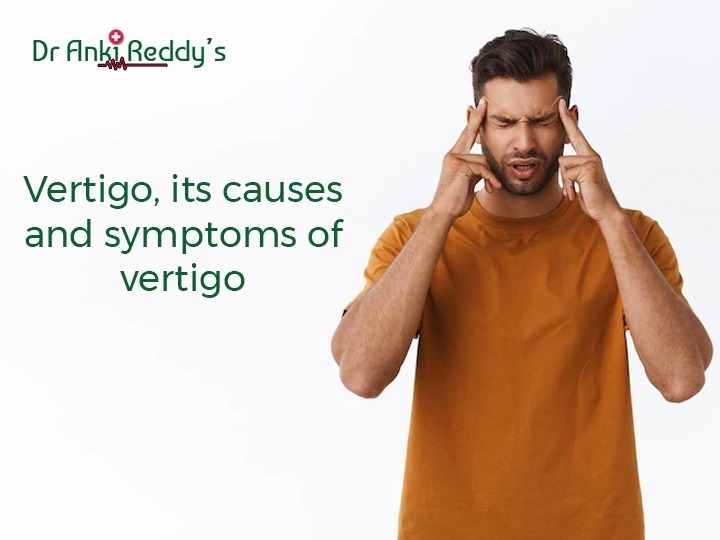Try Homeopathic treatment for Depression
A customized Homeopathic treatment can provide much relief from depression along with further long-term relief.
Depression is indeed a state of low mood as well as the aversion to activity that can affect a person’s thoughts, behavior, feelings as well as the sense of well-being.
Depressed people can experience sadness, anxiety, empty and hopelessness, worried, helpless, worthless, guilty, irritable, hurt, or even restlessness. They may lose interest in activities that once happen to be pleasurable, lose out on appetite or overeating, have problems in concentrating, remembering details, or even making decisions. They may contemplate, attempt, or commit suicide. Insomnia, excessive sleeping, fatigue, loss of energy, or aches, pains, or digestive problems may also be present.
Causes of Depression
Lifestyle
Lifestyle factors do play a role in depressed moods that include irregular sleep, poor diet, and lack of exercise.
Poor diet may contribute to a depressed mood
Life events
Life events, as well as changes that may precipitate depressed mood, do include childbirth, menopause, financial difficulties, job problems, a medical diagnosis (cancer, HIV, etc.), bullying, loss of a loved one, natural disasters, social isolation, relationship troubles, separation as well as catastrophic injury.
Serious injuries may predispose a person to have a depressed mood.
Medical treatments
Certain medications do cause depressed mood in a large number of the number of patients. These include hepatitis C drug therapy and some drugs that are used to treat high blood pressure, such as beta-blockers or reserpine.
Non-psychiatric illnesses
Depressed mood can be on account of a number of infectious diseases, neurological conditions [as well as physiological problems that include hypoandrogenism (in men), Addison’s disease, Lyme disease, multiple sclerosis, chronic pain, diabetes, stroke, cancer, sleep apnea, and disturbed circadian rhythm.
Psychiatric Syndromes
A number of psychiatric syndromes feature depressed mood as the main symptom.
Types of Depression
Major depression
Major depression is characterized by a combination of symptoms that do last for at least two weeks in a row, including sad and/or irritable mood that does interfere with the ability to work, sleep, eat, and enjoy once-pleasurable activities. Difficulties in sleeping or eating can take the form of excessive or insufficient behavior.
Dysthymia
Dysthymia is a less severe but usually is supposed to be the long-lasting type of depression as compared to major depression. It does involve long-term (chronic) symptoms that do not disable but yet can prevent the affected person from functioning well or even from feeling good.
Bipolar disorder (manic depression)
Another type of depression is bipolar disorder, which does encompass a group of mood disorders that were formerly called manic-depressive illness or manic depression. These conditions do show a particular pattern of inheritance. Bipolar disorders are often chronic and also recurring. Sometimes, the mood switches are dramatic as well as rapid, but most often they are gradual.
Complications of Depression
Depression can also have a significant impact on the structure and functions of many parts of one’s brain. This can indeed result in many negative consequences. For instance, those suffering from severe depression are at higher risk of suffering from anxiety, chronic depression, other emotional issues or having more medical problems or chronic pain. People with a chronic illness, such as diabetes as well as heart disease, who also have depression, tend to have the worse outcome of their medical illness.
Homeopathy Treatment of Depression
Depressed mood may not really require any professional treatment, and maybe a normal reaction to certain life events, a symptom of some medical conditions, or a side effect of some drugs or medical treatments.
An antidepressant should be given.
A lifestyle strategy that may improve depressed mood does include wake therapy, light therapy, eating a healthy diet, meditation, exercise, as well as smoking cessation.
Homeopathic medicines for Depression
(1) Arsenicum album:
Anxious, insecure, and perfectionist people who do require this remedy that may set high standards for themselves and others to become depressed if their expectations are not met. Worry about material security sometimes is felt in terms of despair. When feeling ill, these people can indeed be rather demanding as well as dependent, even suspicious of others, fearing that their condition could be rather serious.
(2) Aurum metallicum:
This remedy can be very helpful to serious people, strongly focused on work as well as achievement, who did become depressed if they feel they have failed in some way. Discouragement, self-reproach, humiliation, and anger can indeed lead to feelings of emptiness as well as worthlessness. The person may also feel worse at night, with nightmares or even insomnia.
(3) Calcarea carbonica:
A dependable, industrious person who does become overwhelmed by too much worry, work, or physical illness may perhaps benefit from this remedy. Anxiety, fatigue, confusion, discouragement, self-pity along with a dread of disaster may indeed develop. A person who does need this remedy often feels chilly as well as sluggish and does easily tire on exertion.
(4)Causticum:
A person who does feel depressed on account of grief and loss (either recent or over time) may benefit from this remedy. Frequent crying or a feeling of mental dullness and forgetfulness (with anxious checking to see if the door is indeed locked, if the stove is off, etc.) are other indications. People who do need this remedy are often deeply sympathetic toward others and also are having a strong sense of justice, who can be deeply discouraged or angry about the world.
(5)vCimicifuga:
A person who does need this remedy can be energetic as well as talkative when feeling well, but upset and gloomy when depressed with exaggerated fears (of insanity, of being attacked, of disaster). Painful menstrual periods as well as headaches that do involve the neck are often seen when this remedy is required.
(6) Ignatia amara:
Sensitive people who do suffer grief or disappointment and also try to keep the hurt inside may indeed benefit from this remedy. Wanting not to cry or appear too vulnerable to others, they may indeed seem guarded, defensive as well as moody. They may also, in fact, burst out laughing, or into tears, for no apparent reason. Insomnia (or excessive sleeping), headaches as well as cramping pains in the abdomen and back are also often seen.
(7) Kali phosphoricum:
If a person does feel depressed after working too hard, being physically ill, or going through prolonged emotional stress or excitement, this remedy can indeed be helpful. Exhausted, nervous as well as jumpy, they may have difficulty working or concentrating and become discouraged and also lose confidence. Headaches from mental effort, as well as easy perspiration, sensitivity to cold, anemia, insomnia, and indigestion, are often seen when this remedy is indeed needed.
(8) Natrum carbonicum:
Individuals who are in need of this remedy are usually mild, gentle, and quite selfless, thus making an all-out effort to be cheerful and helpful and in the process avoiding conflict whenever possible. After being hurt or disappointed, they may also become depressed, and keep their feelings to themselves. Even while feeling lonely, they do withdraw to rest or listen to sad music, which can isolate them even more. Nervous and physically sensitive (to the sun, to weather changes, and to many foods, especially milk), they may also get depressed when feeling weak or ill.
(9) Natrum muriaticum:
People who need this remedy seem quite reserved, responsible, and private, yet have strong inner feelings such as grief, romantic attachment, anger, or fear of misfortune that they tend to rarely show. Even though they want other people to feel for them, they can act affronted or even angry if someone tries to console them, and also need to be alone to cry. Anxiety, brooding about past grievances, migraines, back pain, and insomnia can also be experienced when the person is rather depressed.
(10)Pulsatilla:
Those who need this remedy have a childlike softness as well as sensitivity and can also be whiny, jealous as well as moody. When depressed, they are sad as well as tearful, wanting a lot of attention as well as comforting. Crying, some fresh air, as well as gentle exercises, usually improve their mood. Getting too warm or being in a stuffy room can indeed enhance anxiety. Depression around the time of hormonal changes (puberty, menstrual periods, or menopause) is often helped with Pulsatilla.
Homeopathy is known for its safe and gentle ways of treatment. Dr, Ankireddy is one of the best homeopathy clinic in Hyderabad to treat Depression with care.









Excellent Post.people who are feeling like depression take homeopathy treatment it will definately cure